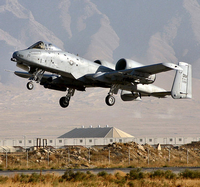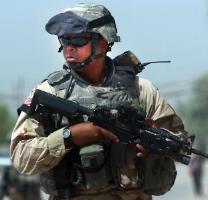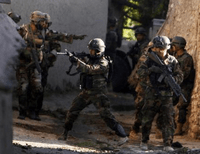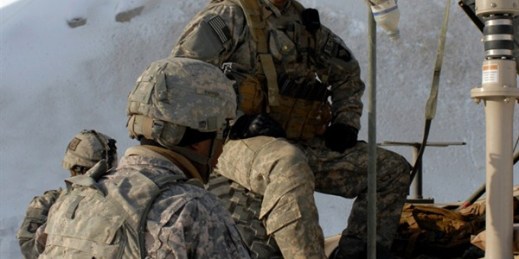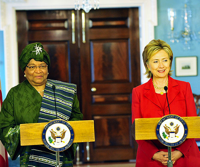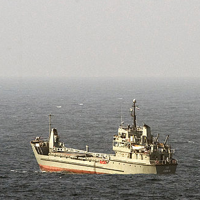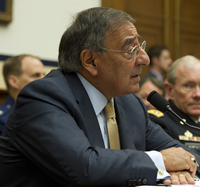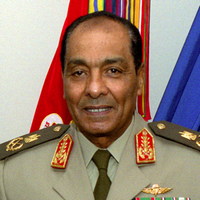
As the United States disengages from Iraq and Afghanistan and enters a period of declining defense spending, the argument that technology is rendering land power obsolete has been resurrected. The appeal of substituting standoff military methods — such as air- and sea-based missiles and unmanned drones — for a balanced capability is clear: Everyone favors minimizing U.S. casualties. Recent advances in technology have only strengthened this temptation. This means that as the U.S. military downsizes in coming years, land power may take a disproportionate cut. But before committing to such an approach, Americans must think carefully about its implications. In […]

